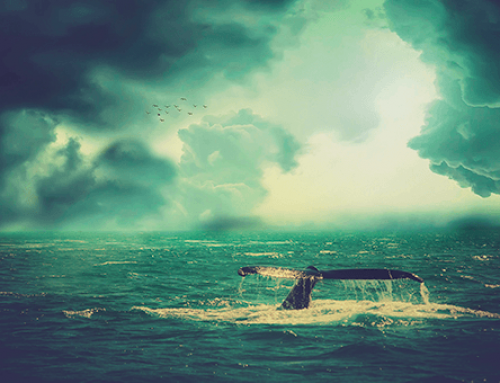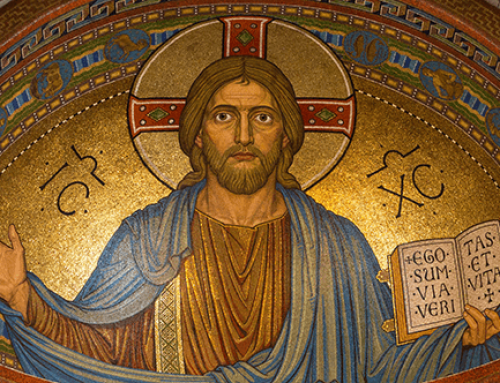 Our lives are constrained by time. Hours pass into days and seasons into years as time marches forward. A child looks ahead and counts the hours long. A gray-haired man looks back and asks, “Where have the years gone?”
Our lives are constrained by time. Hours pass into days and seasons into years as time marches forward. A child looks ahead and counts the hours long. A gray-haired man looks back and asks, “Where have the years gone?”
The passage of time brings order to our lives. It gives us a frame of reference, a common standard by which we communicate and coordinate in community. For one, the number of his days on earth may be few, for another, his days many; but each day alike counts the hours from dawn to dusk. Each day holds the moments in which we live and laugh and love.
While our lives ebb and flow within the confines of time, God is not restrained by time’s boundaries. He does not grow old or weary. He exists eternally, without beginning or end.
Do you not know? Have you not heard?
The Everlasting God, the Lord, the Creator of the ends of the earth
Does not become weary or tired.
His understanding is inscrutable.
He gives strength to the weary,
And to him who lacks might He increases power. (Is. 40:28-29)
Our ability to experience life is limited to the slender moment of time we call the present. God sees and understands from the viewpoint of eternity. How is it, then, that we who are small and mortal, can know anything of Him who is Eternal?
God, who is rich in mercy and compassion, knows our limits. He understands our weaknesses. He moves and interacts with us within this framework of time, allowing us to know and experience relationship with Him in real and tangible ways.
The Apostle Paul tells us there will come a time when we who are in Christ will be transformed and will no longer be bound by our current mortal frailties. In Jesus Christ, God has made a way for us to step into eternal life where we will experience a deeper fellowship, face to face with the Eternal One. Paul writes,
For this perishable must put on the imperishable, and this mortal must put on immortality. But when this perishable will have put on the imperishable, and this mortal will have put on immortality, then will come about the saying that is written, “Death is swallowed up in victory.” (1Cor. 15:53-54)
That day will come. But in the here and now, I take comfort in knowing that as God Himself has neither beginning nor end, there is likewise no limit to the glories and graces of His nature: His lovingkindness is everlasting (1Chr. 16:34; Ps. 36); His compassions never fail (Lam. 3:22); His Word stands firm forever (Isa. 40:8); His understanding is infinite (Ps. 147:5). He is the Alpha and the Omega, the first and the last, the beginning and the end (Rev. 22:13). And from everlasting to everlasting, He is God (Ps. 90:2).
Pastor Cindy
From the series: Nature of God





I wonder, though, why did God create us to live in a world that is limited by time, here on earth?
I am not aware of a direct answer in Scripture for that question, but one point it does mention is in Genesis 3:22-24. Just after Adam and Eve sinned, God expressed concern that Adam might eat from the Tree of Life and live forever, and so God sent Adam and Eve out of the Garden and stationed an angel to guard the way to the Tree of Life. The implication seems to be that if Adam and Eve had gained eternal life in their current sinful state, mankind would be doomed to remain in that fallen state forever.
The world in its current state is temporary. According to Scripture, the entire Creation has been corrupted by sin and will someday be made new again (Rom. 8:22, Rev. 21:1). But God created time as we experience it before the Fall, as a part of His original Creation, and very likely for our benefit. As I mentioned in my post, time gives us a frame of reference that allows us to make sense of events in our lives. As created beings, we may need a similar frame of reference in eternity. The new heaven and earth, when they are made, may also exist in something like what we currently experience as time, but a time without end.